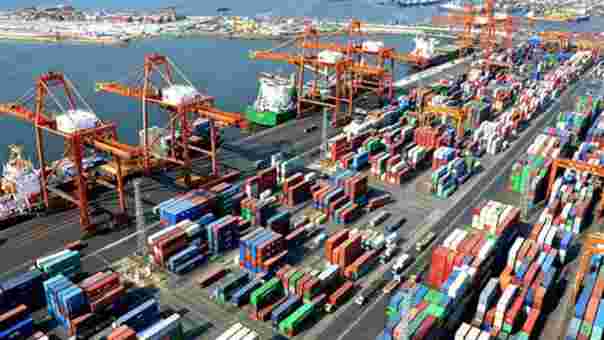Karachi, July 17, 2025 – The Port Qasim Authority (PQA) has released an updated report detailing shipping operations at Port Qasim for the past 24 hours, ending at 0800 hours on Thursday.
The daily report provides essential insight into vessel movements, cargo handling, and overall port operations, offering valuable information for importers, exporters, and logistics partners.
According to the PQA, a total of five vessels successfully sailed out of Port Qasim during the last reporting period. These vessels carried a wide variety of commodities including coal, iron ore, paraxylene, mogas, and LPG. Their departures highlight the continued efficiency and capacity of the port’s terminal facilities and shipping agents managing outgoing logistics.
Among the departing vessels were M.V. NORD UTOPIA and M.V. JIN WANG LING, which carried coal and iron ore respectively, while M.T. EVA DIAMOND and M.T. FLORA MARIS handled chemical and fuel cargoes. M.T. ULLSWATER transported liquefied petroleum gas (LPG), contributing to the smooth outbound flow of both dry and liquid bulk cargo through Port Qasim’s marine channels.
Simultaneously, five new vessels were berthed at various terminals of Port Qasim to offload and load essential cargo. These included vessels carrying coal, LNG, soyabean seeds, palm oil, and additional coal shipments. Their berthing operations reflect the port’s robust infrastructure and its ability to manage a wide spectrum of bulk, break-bulk, and liquid cargoes.
Notable arrivals include M.T. AL JASSASIYA, which brought in over 140,000 tons of LNG, and M.V. KIM OLDENDORFF, which arrived with a significant load of soyabean seeds. The berthing of these vessels signifies the diversity of cargo handled as well as the critical role Port Qasim plays in maintaining Pakistan’s supply chain, particularly for energy, food, and industrial raw materials.
The uninterrupted flow of shipping operations at Port Qasim reflects its strategic importance as one of Pakistan’s primary maritime gateways. With specialized terminals and efficient logistics networks, the port continues to meet the rising demand of trade and commerce, both domestically and internationally. The PQA remains committed to ensuring that port operations remain efficient, secure, and aligned with global standards.
